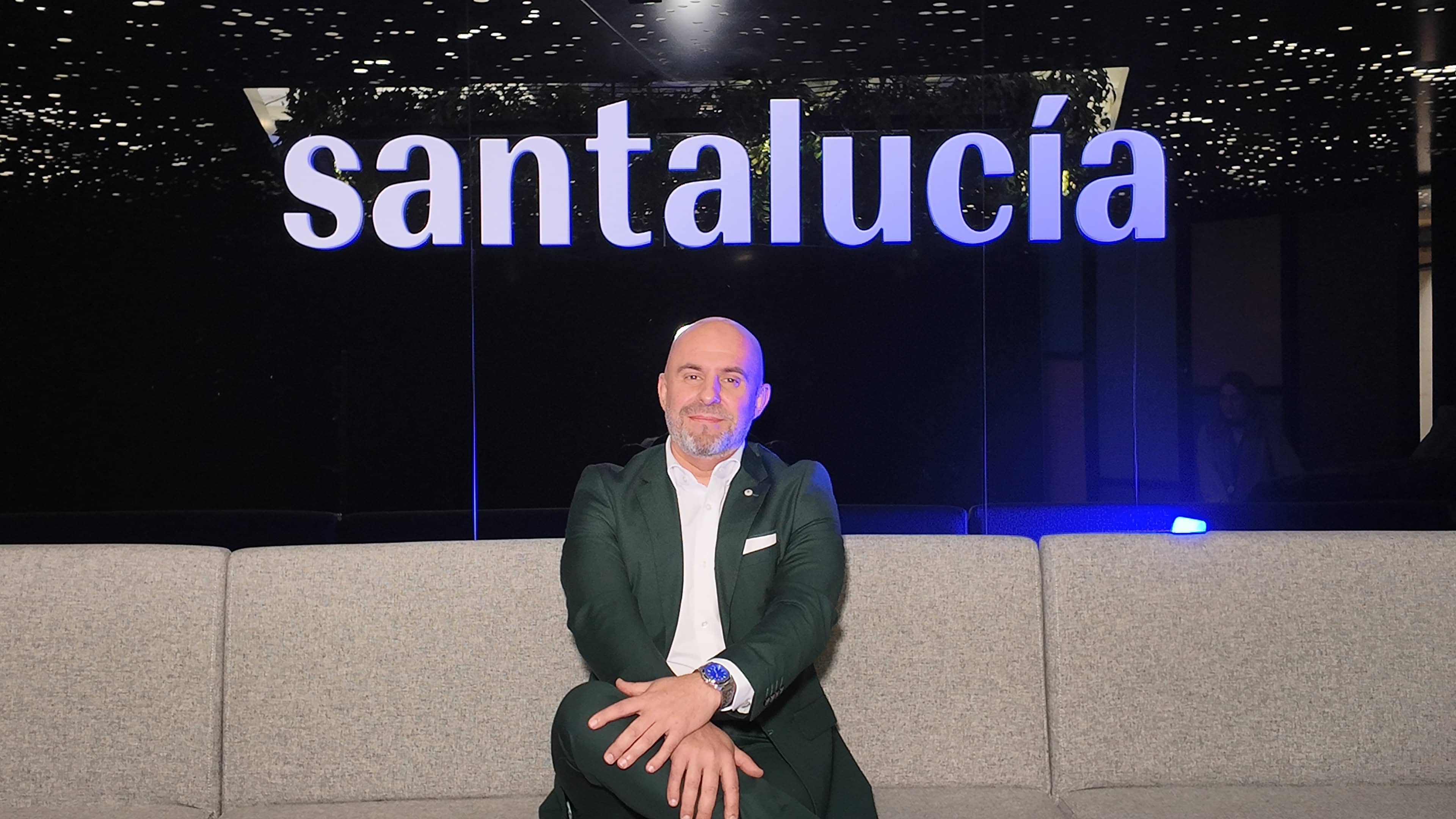Innovating with purpose: how startups are responding to new consumer demands

Over the past few years, we have seen consumer priorities change dramatically. It is no longer enough to offer an attractive product or a competitive price: today, people want brands that reflect their values, that are committed to the environment and that bring something positive to society. In this new scenario, the Innovation with purpose has become the cornerstone of entrepreneurship. AND startups are leading the way.
These emerging companies, with their innovative nature, are the most suitable to respond purposefully to new consumer demands. This is due to their flexibility, adaptability and focus on customer needs. The key lies in understanding the consumer not only because of their current preferences, but also because of their values and motivations, thus anticipating future trends.
Why are startups the engine of purposeful innovation?
Innovating with purpose isn't just about developing new technologies or business models. It is to wonder Why and for whom is innovation. It's about designing solutions that respond to real challenges, assuming that every business decision has an impact and choosing that impact to be positive. To do this, startups meet the following criteria:
· Flexibility and agility: with lighter structures than traditional companies, startups can adapt quickly to changes in the market and to new consumer demands.
· Disruptive innovation: they tend to challenge traditional business models, generating new ideas that can transform entire industries.
· Focus on the customer: The main objective of startups is to meet customer needs through innovation and creativity, seeking solutions that improve their experience and align with their values.
· Open innovation: collaboration with other companies and ecosystem actors, such as universities or other startups, allows them to access new technologies and different creative approaches.
· Social awareness: there are many, and increasingly, startups looking for solutions with a positive impact on society and the environment.
Startups have a unique advantage: their ability to adapt quickly, experiment without fear and build with empathy. In fact, many of them were created to fill an unmet need or to transform an industry from a more committed and responsible perspective.
From sustainable packaging to inclusive education platforms, to mental health apps or fintechs that promote financial inclusion, purpose is the starting point of many entrepreneurial ideas current ones developed specifically by and for the consumer.

Innovate with purpose for the new consumer
Consumer evolution, now much more aware and demanding with organizations, has been key to this change when it comes to offering a product or service. The public wants to know what is behind it: how it is manufactured, who produces it, what impact it generates...
These consumers are the ones who reward brands with a clear purpose, to those who do not hide their procedures and their value chain, to those who communicate honestly and act with coherence, maintaining social values of responsibility.
In addition, it is a reality that customers are willing to pay more for sustainable products, to stop buying products that are not alienated with their values and to support business initiatives that generate a real, measurable and demonstrable social impact.
How are startups responding to new consumer demands?
· Sustainability: creating products and services that reduce their environmental impact and promote sustainability.
· Health and Wellness: developing solutions that improve people's quality of life, such as fitness applications, innovative medical technology or healthy food.
· Financial Inclusion: offering financial services that are accessible to all people.
· Emotional connection: seeking to create more personalized and meaningful experiences for the consumer, through technology, creativity or communication.
Startups are a key driver for purposeful innovation, since their ability to adapt, innovate and focus on the customer allows them to respond to new consumer demands more effectively. By understanding the customer's needs and values, they can develop innovative solutions that improve their experience while making a positive impact on society and the environment.
The future is purposeful innovation
In a context marked by accelerated technological transformations, climate crises and social inequalities, innovation can no longer be blind to the impact it generates. The key question is no longer 'can we do it? , 'if not 'should we?'
Purposeful innovation represents a evolution in the way of entrepreneurship and doing business. It's not just about meeting the Sustainable Development Goals or responding to regulatory requirements: it's about building a new economic model where value is not only measured in financial terms, but also in social and environmental terms.
In this future, companies that do not have a clear and measurable purpose will be increasingly irrelevant; investors will prioritize startups that generate a verifiable positive impact, in addition to profitability; young talent will choose to work in organizations with values aligned with their own, rejecting corporate environments that do not reflect authenticity; the consumer will be the greatest and best ally of brands, while acting as a judge.
For all these reasons, startups that incorporate purpose as a strategic axis from the start have a real competitive advantage. What they achieve with this is to better connect with the market, but also to build stronger relationships, more human brands and more resilient, relevant and sustainable business models in the long term.
Therefore, in a world where challenges are increasingly complex, purposeful innovation ceases to be a trend and becomes a necessity.



